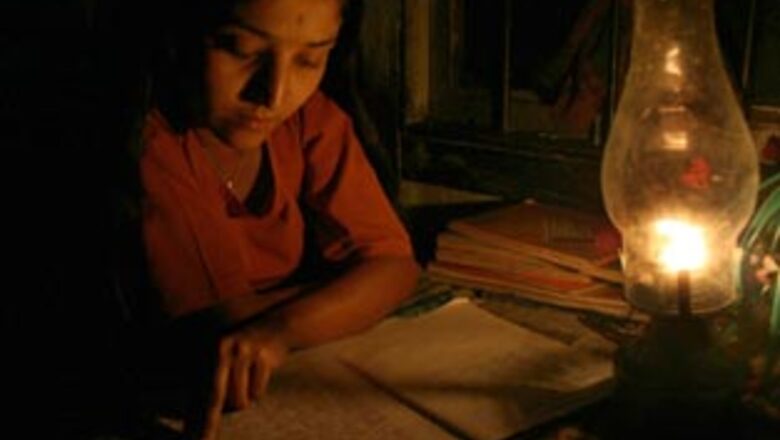
views
Chandigarh: The heat wave and the resulting power crisis have forced Punjab to change the timings of government offices - where use of air-conditioners (ACs) is already banned - and order early closure of shops and malls.
Punjab's council of ministers approved the "harsh steps" recommended by the Punjab State Electricity Board (PSEB), including a complete ban of the use of ACs in the government offices, boards and corporations, change in office timings of the government offices across Punjab and ordering shops, malls and commercial establishments to close early in the evening.
Punjab government offices will now function from 0730 hrs IST till 1330 hrs IST instead of 0900 hrs IST to 1700 hrs IST till the monsoon arrives and the power situation eases.
Shops, malls and commercial establishments have been ordered to close down by 1930 hrs IST every day. They have been advised against using decorative lights and asked to switch to compact fluorescent lamps (CFLs).
Chief Minister Parkash Singh Badal appealed to the people to bear the tough measures saying the present intense heat wave conditions and the power crisis had hit several states due to the delayed monsoon and high power demand from the farm sector owing to the transplantation of paddy in the month of June.
"The issue of power crisis is not merely related to Punjab but has become a national crisis. It is our duty to save electricity to safeguard the economic interests of all sections of society," Badal said in a statement.
He directed PSEB engineers to ensure maximum power supply to the farming sector as the food security of the country could not be compromised. Punjab contributes over 50 per cent of the food grains to the country's central pool.
Punjab's Principal Secretary (Power) Suresh Kumar Saturday made a presentation before the cabinet regarding the severe power crisis in the state.
Suresh Kumar said the demand for power had witnessed a steep increase of 8,170 MW till date as compared to 6,083 MW during the corresponding period last year. The PSEB has been able to arrange power of 6,325 MW as against 5,750 MW arranged during last year.
"This is despite the fact that the power availability from other states had gone down substantially because of the drought-like conditions in the country. The states which had committed power as part of bilateral banking arrangement were not able to give power to Punjab because of the rise in demand in those states as a result of the failure of monsoon," Kumar added.


















Comments
0 comment